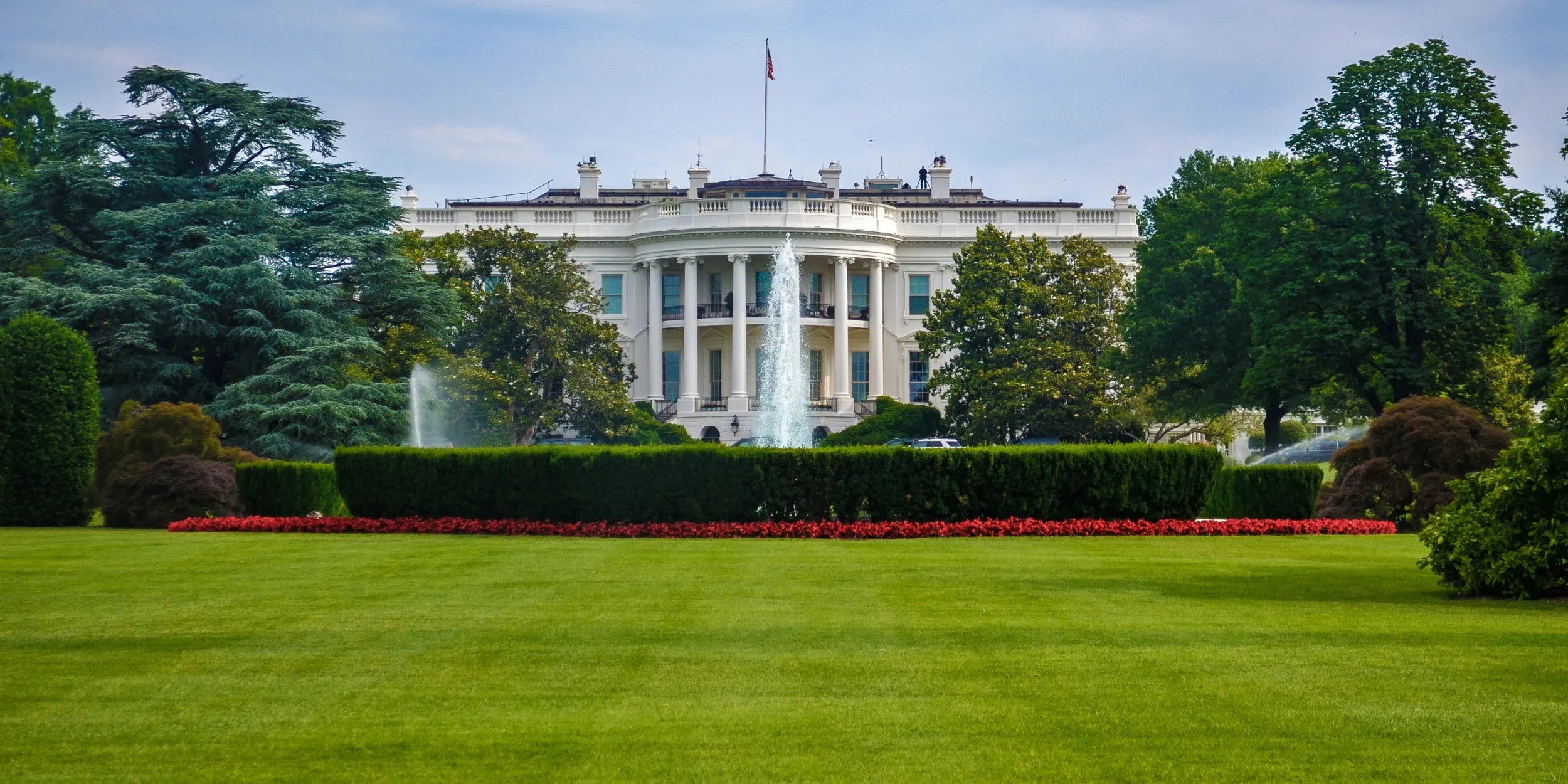
President Joe Biden (D) this week signed a bill intended, among other things, to ease domestic and foreign deployment of U.S. nuclear technology and reform the Nuclear Regulatory Commission.
The reforms of the Advanced Nuclear for Clean Energy (ADVANCE) Act were nested inside the Fire Grants and Safety Act of 2023, an unrelated bill used as a vehicle for one of the largest overhauls of nuclear policy of the millennium.
Among other things, the new law, signed Tuesday, will:
- Require that the NRC’s licensing of nuclear power plants “does not unnecessarily limit” either “the civilian use of radioactive materials” or “the benefits of civilian use of radioactive materials and nuclear energy technology to society.”
- Mandate that the Nuclear Regulatory Commission assess every three years whether the agency uses “the most efficient metrics and schedules” to issue licenses.
- Allow the NRC commissioner to appoint qualified people to temporary jobs with four-year terms and to broadly address insufficient employee compensation at the civilian nuclear regulator.
- Require the Department of Energy, within one year of the bill’s passage, to study the global civilian nuclear industry and tell Congress how U.S. allies are deploying or planning to deploy nuclear energy.
- Require biennial reports, by Jan. 1, 2026, from the Department of Energy on the U.S. nuclear-waste inventory and the associated federal financial liability.
- Require the Nuclear Regulatory Commission to report to Congress, no later than a year after the bill becomes law, about “any engagement between the Commission and the Government of Canada with respect to nuclear waste issues in the Great Lakes Basin.”
The law will change much for the nuclear industry, at home and abroad, but not when it comes to disposal of spent nuclear fuel, as Sen. Edward Markey (D-Mass.), a vocal critic of the law, pointed out in 2023 during a speech in the Senate Environment and Public Works Committee.
“[W]e should not give a boost to the nuclear industry without commensurately confronting the longstanding issues of how to deal with nuclear waste and nuclear decommissioning,” Markey said on May 21, 2023, the day the ADVANCE Act advanced out of the Environment and Public Works Committee.
Markey was one of the few lawmakers to speak at length about the ADVANCE Act in open sessions of Congress, but he was firmly in the minority in the end, one of only two Senators to vote against the bill, which cleared each chamber of Congress with about 90% of the vote.
The legislation Biden signed Tuesday was a compromise between a bill Sen. Shelley Capito (R-W.Va.) filed more than a year ago and a roll-up of House-authored bills that proposed many of the same changes to U.S. nuclear policy that Capito’s did.
The nuclear industry widely supported the ADVANCE Act. Several prominent trade groups, including the Nuclear Energy Institute and the American Nuclear Society urged passage.
The ADVANCE Act “recognizes a lot of the important work we’re doing,” Nuclear Regulatory Commission Chair Christopher Hanson said at an industry and government gathering in June, about a week after the Senate’s final vote on the bill.
Speaking at the annual Nuclear Energy Security Summit that the Exchange Monitor hosts with the Washington-based interest group, the United Coalition for Advanced Nuclear Power, Hanson said he “deeply appreciate[d]” the ADVANCE Act.
Asked by the Monitor at the summit to address the bill’s requirement that the NRC not unnecessarily hinder the deployment of nuclear technology, Hanson said “I don’t think that we unnecessarily hinder the deployment of the technology now.”